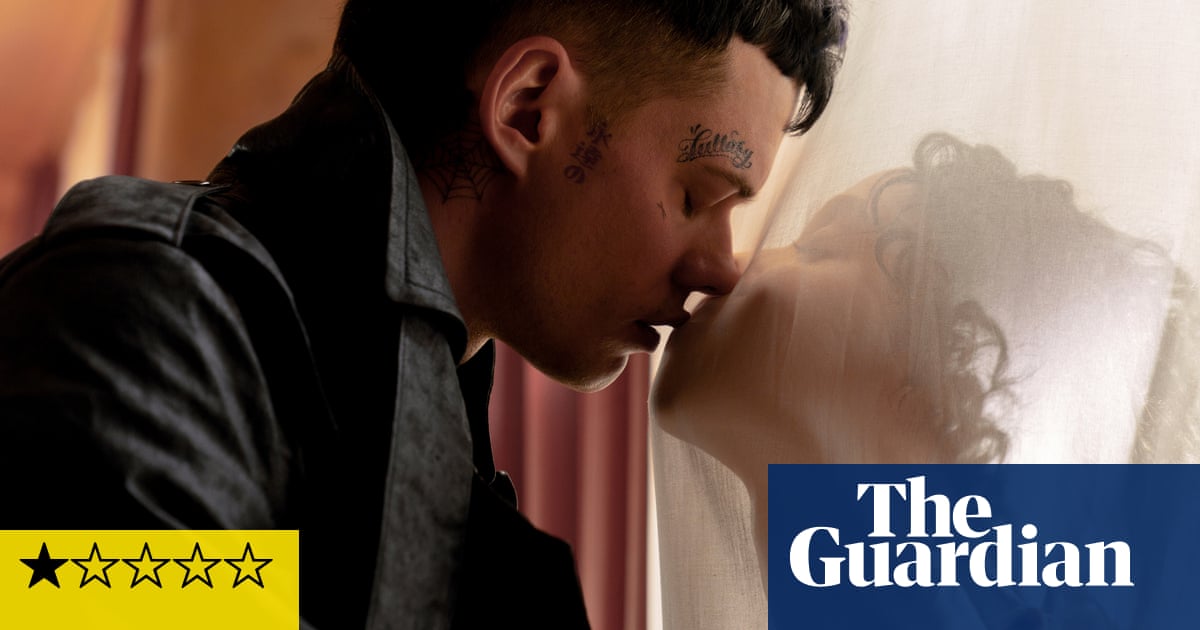There are different types of bad movies. There are those that find an unintended audience after the fact, reframing them as sources of amusement to be ridiculed, those that are simply too dull to be thought of ever again and then there are those that are made with such staggering incompetence that they barely even exist. The latter category is the one that I find hardest to endure, films such as The Snowman (a head-scratchingly awful thriller that was technically unfinished yet still released) veering from bad to refund-level unwatchable.
It was no real surprise that a tortured update of 1994’s cursed goth revenge thriller The Crow would be a misfire – it’s been in development since 2008 with multiple directors and actors attached ever since – but it’s genuinely startling just how utterly wretched the finished product is and how unfit it is for a wide release. Filmed two years ago and dumped on a low-expectation late summer weekend, The Crow 2.0 is a total, head-in-hands disaster, incoherently plotted and sloppily made, destined to join the annals of the very worst and most pointless remakes ever made.
We never really needed a redo of comic book adaptation The Crow in the first place (a simple, solidly enjoyable film lifted by Alex Proyas’s hyper-stylised direction and the presence of the tragic Brandon Lee) but it offered a pre-trodden path that could have led to something far less egregious than this – the formula for a satisfying, tightly plotted revenge thriller being right there for the taking. But writers William Schneider and Zach Baylin (the latter’s credits include the robust sports dramas Creed III, Gran Turismo and King Richard) presume to know better, missing what could have been an easy, if overly derivative, retread and head off in a different, dreadful direction instead.
What’s been kept is the character of Eric Draven, taken over here by It and Barbarian’s Bill Skarsgård, but he’s been stripped of any identifying characteristics, shown to us as dark and brooding because he does drugs and has tattoos. He meets Shelly, played by the singer FKA twigs, in a co-ed rehab facility, they bond over both doing drugs and having tattoos and then escape to the city where they fall in deeper love by the power of montage. But Shelly is targeted by a Big Bad, played by Danny Huston, who has signed some devilish deal that requires him to make innocent people do terrible things. Her past catches up to her as well as Eric and the pair are killed only for him to return as avenging angel.
It’s a film hinged on the grand melodramatic sweep of an all-consuming emo romance, but it’s forcefully insisted upon us without anyone ever giving us a reason to believe in it. There’s just no pull, no urge, no passion, just B-roll of two lifeless actors posing for a lower-tier perfume ad. Skarsgård is fine in the film’s limited action scenes – physically convincing and committed – but his one-note skulking isn’t enough to fill the gaps elsewhere. Twigs is completely, deadeningly flat, giving us absolutely nothing when she needs to be proving to us why her death would be painful enough to cause such a violent reckoning.
The choice to tweak the original set-up, a couple protesting forced evictions targeted by a local crime lord, and strip it of any realism edging it into goofy monster-of-the-week fantasy is a bizarre and crushing misstep. It’s change for the sake of change, a far less powerful and far more anonymous update that turns the film from heightened crime noir into bad CW pilot. While the red-skied, rain-strewn graphic novel metropolis of the first film was clearly drawn and immersive, this world is confusing and hard to place; we’re never sure where we are or how any system operates, and there’s never a pan back – just a suffocatingly tight focus. The story is difficult to follow and the logic within it is impossible to understand. We’re spared the cathartic pleasure of experiencing the gory vengeance we expect, bar one mildly effective, if overly familiar, John Wick-lite massacre at the opera.
Director Rupert Sanders – who has gone from bad to worse to off a cliff with Snow White and the Huntsman, Ghost in the Shell and now this – recently referred to the production as a “struggle”, and it’s painfully evident in every strained frame. One can sense the hellish late nights in the editing suite and imagine the fiery disagreements in the board room, a miserable scramble to salvage something, anything, from nothing. They shouldn’t have bothered.







